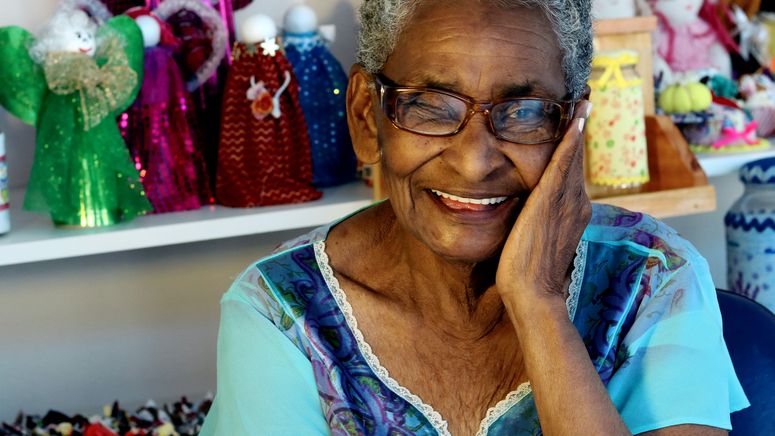So you or a loved one has received a dementia diagnosis – what comes next? While receiving a diagnosis can be a relief (as it can provide context for the changes you or your loved one has experienced), it can also bring with it grief and worry. Having a plan for what the next steps will be can help alleviate stress.
Decision making
There will be a lot of decisions that need to be made – the first being who will be responsible for the decisions!
From being in charge of a bank account, choosing treatment options and arranging or updating the will, this is a responsibility not to be taken lightly. The person in charge needs to have the person with dementia’s best interests in mind when it comes to all decisions made.
So who is tasked with this crucial job, and how much authority will they have? This may not always be clear-cut. To decide whether the person is capable of still making decisions or needs you (or another carer) to take the lead, speak with them as well as their doctor or specialist for their opinion. You may also need legal advice.
It’s important to respect the person with dementia and understand that they may be angry or frustrated at their reduced capacity. As much as possible and is appropriate, keep them involved with the decisions made.
Assisted, supported or substitute decision making
Perhaps assisted decision-making (where you attend appointments with them) would work best, or supported decision-making (where they make the final decision but you help them understand the issue) is a good outcome. On the other hand, substitute decision-making, where you make decisions on their behalf, may be necessary.
One of the biggest decisions is who will look after the person’s bank account. Depending on the decision-making model you’re following, this could still be the person with dementia, or it may be you if you’ve been given authority to access the account.
There’s also an enduring Power of Attorney, an appointed person who is entrusted to make financial decisions for a person who is unable to do so. More info on appointing a Power of Attorney (if not already done so), depending on where you live in Australia, can be found here.
When it comes to decisions around finances, it can be helpful to consult with the bank manager and a solicitor as well. Dementia Australia also have fantastic resources and can help you and your loved one navigate this tricky process.
Another major decision is around medical treatments. Again, depending on the decision-making model, you will work towards the best plan of action for the person with dementia, consulting with their doctor or specialist.
Finding support
Whether you are living with dementia or are supporting someone who is, know that you are not alone. The National Dementia Hotline (1800 100 500) offers free telephone support from 8.00 – 8.00pm on weekdays in case you need advice or just a listening ear.
The planning process can bring up a lot of tough decisions and requires you to consider issues (such as the person’s end of life) that you would prefer not to think about. By getting support and being organised with early planning, you can ease some of the stress this can cause.




